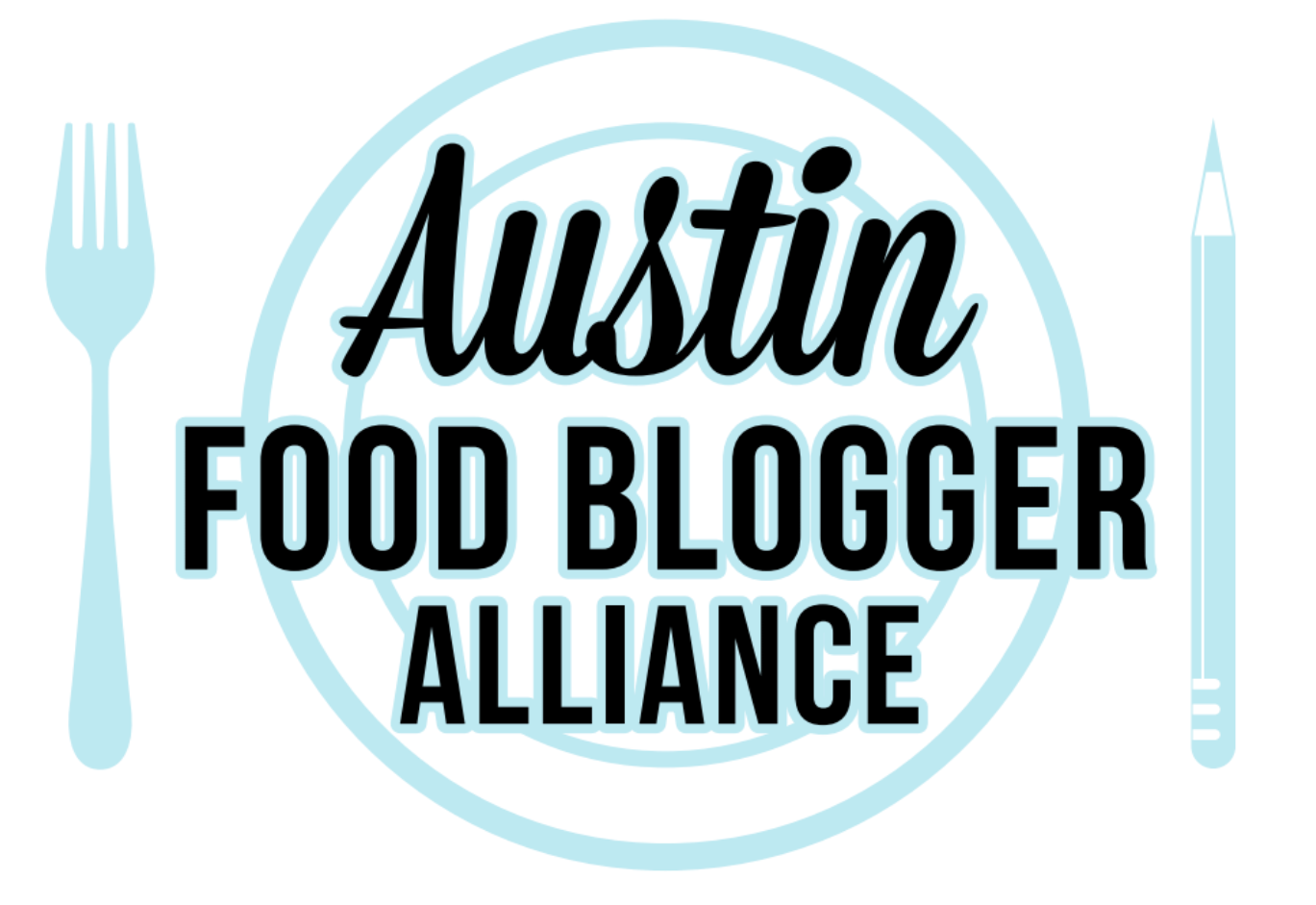Copyright. The word itself can bring about mixed emotions from fear to anger to confusion. As part of my duty as the Austin Food Blogger Alliance Education chair, I put together a copyright panel to demystify the concept. Big thanks to @TreyRatcliff, @Aejcam, and @MeanRachel for contributing their knowledge and experience to our panel. And a really big thank you to the Carillon, MeetatTexas, and Whole Foods for sponsoring the event.
So here’s some quick tips from the panel:
- Stealing content is a no-no. It can be an emotional roller coaster for the offender and the victim, and for the most part, most people think that content stealers are the scum of the Earth. Do you really want to be associated with a bottom feeding bristleworm?
- Assume that everything is copyrighted. If you didn’t make it from scratch, it doesn’t belong to you. You can link to it (video, photos, or text), but you shouldn’t copy and paste it. Crediting the source if you steal it doesn’t protect you from copyright lawsuits.
- The line between copyright and fair use is about as clear mud. It is oftentimes much better to consult your legal counsel before engaging in a bluffing match and throwing around the fair use term. Be very careful in following crediting instructions when using creative commons material.
- Being sued can cost you big bucks. It is much easier just to pay for the content (if possible) or create your own. Statutory damages can up upwards for up to $150,000 not including your own legal fees. That photograph that would have cost $10, just got really expensive.
- Not all content needs to be officially copyrighted, but if it is, that makes legal action so much easier.
- When in doubt, ask permission first and always give some link back love to make the Google-machine happy with you. Many times, permission will be granted. So in the case of copyright, it is NOT better to do first and ask for forgiveness. Always ask for permission first.
Now if your content has already been stolen, what can you do? There’s three major actions that you can take, but do all have their advantages and disadvantages.

Ignore it – This can be a difficult one to do, particularly if the offense is personal as in @MeanRachel‘s case. Ignoring it doesn’t cost you time and energy from a legal perspective, but it does cost you in additional stress, feelings of injustice, and anger. It also doesn’t fix the problem, and it doesn’t get the offender to remove the stolen content. Every time the issues come up, it can be like rubbing salt in a wound.
Public shaming – @MeanRachel and @TreyRatcliff both engaged in this tactic, and I will not hesitate to say that I have done it before. Public shaming is a method of drawing traffic and attention to the copyright offense in an effort to make an example out of the offender. This can serve as a teaching tool and reminder to others to play nice on the Internet. @TreyRatcliff uses his followers to initiate the public shaming, and it is pretty clear that he takes great joy out of the shaming. The disadvantage of this technique is that it doesn’t actually legally compel the offender to stop using your content. There is no financial compensation for the victim of the copyright offense.
Legal action – This one is the most exhausting of all three of the methods, but it can be highly effective. One of my favorite quotes from the evening was that “Lawyers are like chemical warheads that carry briefcases.” They are often a last resort, and their impact cannot be ignored. I’ll take this opportunity to make note that @Aejcam is one of my personal favorite chemical warheads. The advantages for legal action is that there can be satisfaction that justice was served. For some cases, there might also be monetary compensation. While the amount of compensation can vary widely, I’ve seen citations of cases in the quarter million dollar range. The disadvantage of legal action is that is can be costly. A cease and desist letter can cost several hundred dollars, and filing a lawsuit can cost upwards of several thousand dollars in fees. And that’s the cost even if the ruling is not in your favor. Taking legal action can be mentally and emotionally exhausting, not to mention the stress that it can cause on other family members.
Because this post did not cover all the issues discussed at the copyright panel, I encourage you to read the Keepstream collection of tweets and to seek your own legal counsel. Content creation is an enjoyable activity, and let’s not allow copyright to make it an unpleasant experience. Happy Blogging!
-Jennie Chen, MisoHungry
Related Links:
- Summer Huggins of Summer Thinks: 3 Ways to Protect Yourself From Copyright Infringement
- Megan Myers of Stetted: Copyright: What Every Blogger Should Know
- Austin Food Blogger Alliance Facebook Album



[…] June 8, we held an education event an Copyright Laws and Blogging at the AT&T Executive Education and Conference Center. That day, we also created a Twitter list […]